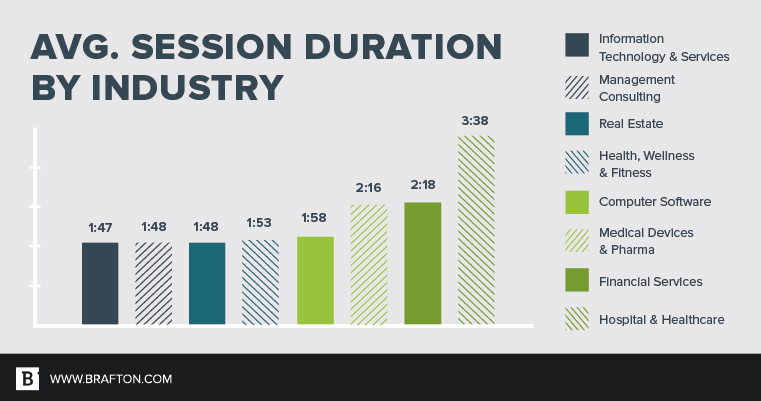![]()
Measuring SEO Success: Essential Performance Metrics
In the dynamic landscape of digital marketing, understanding and leveraging SEO performance metrics is crucial for optimizing strategies, tracking success, and driving continuous improvement.
Understanding the Significance of SEO Performance Metrics
SEO performance metrics provide insights into the effectiveness of your digital strategies. These metrics go beyond just website traffic numbers; they delve into user behavior, conversion rates, and the overall impact of your SEO efforts.
Website Traffic Metrics: Beyond the Numbers
Website traffic metrics are fundamental in SEO performance analysis. However, it’s not just about the sheer volume of visitors. Metrics like organic traffic, referral traffic, and direct traffic offer a nuanced view of how users find and engage with your content.
Keyword Ranking Metrics: Visibility in Search Results
Monitoring keyword rankings is pivotal for understanding your website’s visibility in search results. Tracking keyword positions over time helps assess the impact of your SEO efforts, identify areas for improvement, and capitalize on high-performing keywords.
Click-Through Rate (CTR): Gauging User Engagement
CTR measures the percentage of users who click on your website link after seeing it in search results. A high CTR indicates that your content is compelling and relevant to user queries, contributing positively to your SEO performance.
Bounce Rate: Evaluating User Satisfaction
Bounce rate measures the percentage of visitors who navigate away from your site after viewing only one page. A lower bounce rate suggests that users find your content valuable and engaging, positively influencing your website’s SEO performance.
Conversion Rate: From Visitors to Actions
Conversion rate is a critical metric, indicating the percentage of visitors who take the desired action, such as making a purchase or filling out a form. Tracking conversion rates helps assess the effectiveness of your SEO strategy in achieving business goals.
Page Load Speed: Affecting User Experience and Rankings
Page load speed is not only a user experience factor but also influences SEO performance. Slow-loading pages can lead to higher bounce rates and negatively impact search rankings. Monitoring and optimizing page load speed is essential for SEO success.
Backlink Metrics: Building Authority
Backlink metrics assess the quantity and quality of websites linking to your content. High-quality backlinks from authoritative sources enhance your website’s authority in the eyes of search engines, positively impacting SEO performance.
Mobile-Friendly Metrics: Adapting to User Trends
With the rise of mobile users, mobile-friendly metrics are crucial. Google’s mobile-first indexing prioritizes mobile-friendly websites, making metrics like mobile traffic, responsive design, and mobile usability key indicators of SEO performance.
Social Media Metrics: Amplifying Reach
While not directly part of traditional SEO, social media metrics play a role in amplifying content reach. Metrics like social shares, comments, and engagement contribute to overall online visibility and can indirectly impact SEO performance.
To delve deeper into the realm of SEO performance metrics and optimize your digital strategies, visit writemyessay-site.com. Implementing a comprehensive understanding of these metrics ensures that your SEO efforts are data-driven, leading to improved visibility, user engagement, and overall online success.




